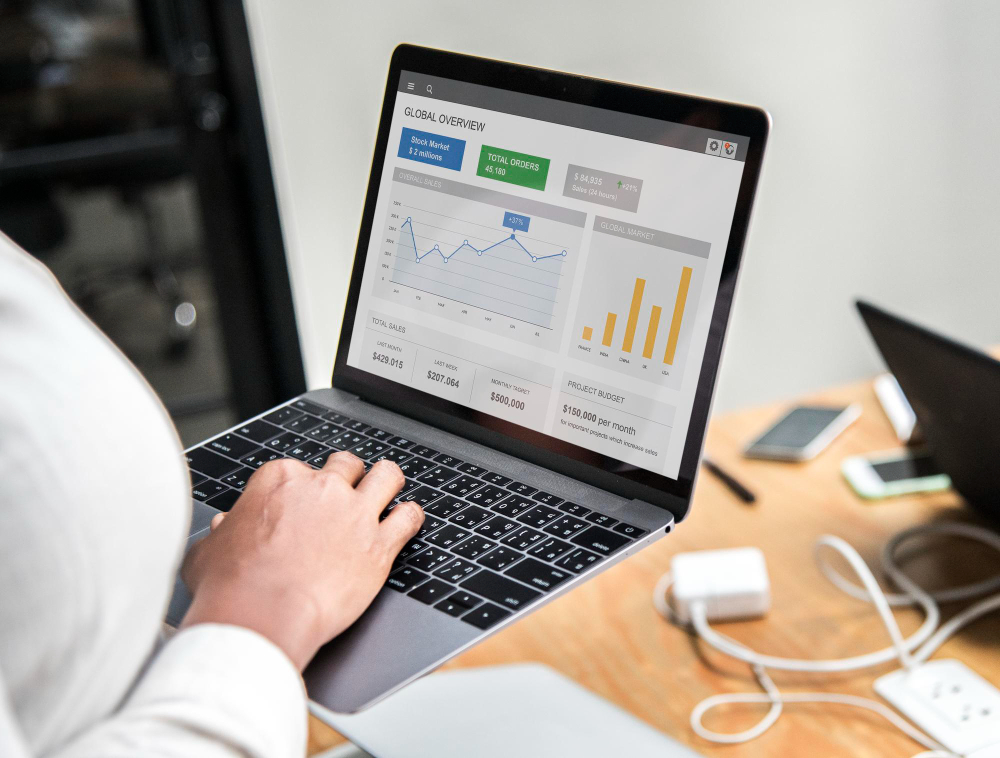The 21st century is characterised by numerous competitive businesses and as such, every enterprise makes efforts to try and come up with approaches that will assist them in advancing their market coverage with quality sales.
PPC or pay-per-click marketing has seamlessly integrated into our daily activities and is arguably one of the most efficient methods to generate leads as it consists of many features like focused lead traffic, quick results, relevant results, and even more than that measurable ROI.
Search advertisements are expected to generate $190.5 billion in 2024. Any pay-per-click campaign from the very start of its development, be it in Google ads or advertisements on social platforms like Facebook or LinkedIn, allows acquiring business leads in the present and the future as well.
1. Instant Traffic and Leads
The results of pay-per-click sponsor’s campaigns are immediate since they are never like organic search efforts that may take several months to deliver results. It was reported that sixty-five percent of high-intent searches lead to engagement in ads.
The insight makes it easier for brand new businesses that require immediate visibility or the case of season product or marketing campaigns that require timing such as the Fourth of July or Christmas.
For example, businesses can easily go for targeted keywords that are considered to be high converting such as ‘buy now’ or ‘hire a contractor’. Marketing professionals are tasked with developing PPC advertising that is effective because a good PPC ad can attract a lot of good consumers within an hour.
2. Targeted Advertising for High-Quality Leads
Marketing through PPC advertisements is extremely effective because it is easy to target a specific audience along various parameters such as location, device, and even the time of day when a business is targeting potential customers. For instance, Google Ads includes more than thirteen targeting parameters that help businesses reach customers likely to respond to their ads.
Such precision causes a better volume of leads. Visitors to the website who are PPC traffic are said to be over 50% more likely to convert than organic visitors, thus demonstrating the effectiveness that PPC strategies for conversion possess.
3. Measurable ROI and Real-Time Data Insights
It is well noted that one of the best pros of PPC advertising over the other types of advertising is the clear-cut measurable features. This makes it possible to track performance at every level starting from clicks, engagements, and even the number of sales made.
This level of accuracy is most useful when compared against more stationary strategies such as print advertisements or billboard ads where tracking is almost impossible.
There is a great benefit in collaborating with pay-per-click marketing specialists as companies can utilise live data for more effective lead generation and conversions.
4. Budget Control and Flexibility
In addition, since PPC advertising has a daily or monthly budget ceiling, the PPC advertising model is accessible to small and medium-scale businesses.
In 2024, average costs per lead vary from $9, with the lowest figure going up to $150, depending on the industry.
This cost control, therefore, makes PPC feasible for all types of businesses as it assists in leading generation that is of high quality and is within budget.
5. Remarketing for Increased Conversions
Remarketing is done to target potential clients who visit your site but do not complete the order. Results: Consumers exposed to Retargeting Ads were 76% more likely to click an ad than a standard banner ad viewer.
This is especially important for organisations with a long sales cycle as it makes lead nurturing easier and the conversion level higher than before.
6. Enhanced Brand Visibility
PPC marketing yields leads and further promotes the brand image. Even without clicks though, repeated advertisement leads to a better perception of the brand. An 80% increase in brand awareness was noted due to continued exposure to PPC ads.
When an advertising campaign implements both PPC and organic SEO, they work hand in hand as both tactics increase the brand’s trust and authority. Customers seeing the ads and then searching for the specified brand improves the conversion rate as well.
7. Leveraging Social Media for Lead Generation
It is common to associate PPC advertising with Google Ads, but in addition to Facebook, LinkedIn, and Instagram can also be utilised for B2B lead generation. According to polls conducted this year by the Social Media Examiner, over 54% of B2B advertisers surveyed cite social media paid outdoor advertising as one of the best sources of lead generation.
These social media channels provide the ability to target specific audiences, which results in quality leads. Linkedin Ads now offers new information that indicates their conversion rate is approximately 6.1% which is one of the largest for B2B PPC campaigns.
8. A/B Testing and Continuous Optimisation
The pace of response in lead generation for PPC marketing is very quick owing to A/B testing. Marketers can opt to utilise the most successful modifications of different ad elements and thus understand which parts of the ad should be improved to achieve better performance.
According to Instapage, companies performing A/B tests can improve the conversion rate for PPC by as much as 30%. It is an incremental process that helps over a period in securing more and more leads.
9. Adaptability and Scalability
PPC advertising has the benefit of having the flexibility of being adjusted per business goals. They can focus on a smaller or broader audience reach and can be activated or deactivated whenever necessary.
A campaign can begin with a small targeted reach removing the need for heavy upfront fees and over time expanding when the particular campaign is successful. So, in this way, PPC is ideal for both short-term and long-term lead generation.
Conclusion
For digital marketers, it’s critical to use PPC ads to obtain valuable leads quickly. It drives focused traffic, offers clear outcomes, and provides flexibility, proving to be one of the most successful means of strategic lead generation.
Companies can utilise Google Ads, social media, or remarketing campaigns to gain an advantage. In the right hands, PPC promotes sustainable development, improves conversion rates, and raises revenue.
—
Image: Freepik


